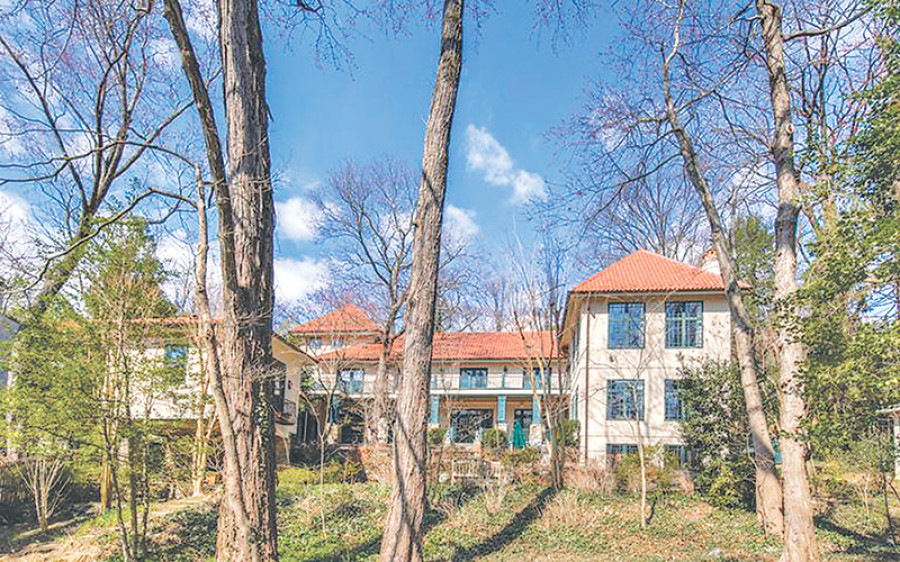National
Government’s purchase of assets abroad is haphazard and ineffective
Ignoring repeated investigations and recommendations of the Auditor General’s Office, the Foreign Ministry is procuring assets and properties for its diplomatic missions and chanceries abroad haphazardly without consulting with the Finance Ministry.
Anil Giri
Ignoring repeated investigations and recommendations of the Auditor General’s Office, the Foreign Ministry is procuring assets and properties for its diplomatic missions and chanceries abroad haphazardly without consulting with the Finance Ministry.
The latest report by the Auditor General says the ministry did not follow the procedure while purchasing the residence for the country’s ambassador to Washington, DC. In August, the Post reported on the purchase of a mansion in the US capital for $6.8 million, whose procurement details have yet to be released by foreign ministry officials.
The report said the ministry had formed a four-member panel to report on the longevity of the building, maintenance costs, financial liabilities and legal and administrative aspects. However, the ministry had initiated the process to purchase the seven-bedroom building in Washington, DC before submitting the report.
“The procurement should begin only after the panel submits its report and should be included in the annual budget. But the ministry did not seek the budget from the finance ministry,” the report said.
At a press meet earlier this month, Foreign Ministry officials admitted that they were already planning to construct a new embassy building in Canberra, the Australian capital, and preparing paperwork to build new ambassadorial residences in Sri Lanka and Pakistan. The ministry has bought land in Canberra, Colombo and Islamabad.
Foreign Minister Pradeep Gyawali told reporters that his ministry is also planning to procure three additional buildings for the embassies in Geneva, Tokyo and New York.
However, the Finance Ministry has not allocated budget to procure new assets this year as the Foreign Ministry could not spend all of the Rs4 billion set aside for the last two years. It spent Rs700 million on the building in Washington, Rs450 million in Bangkok, and Rs120 million to purchase the land in Canberra while nearly Rs700 million was frozen. The Finance Ministry approved Rs400 million this fiscal for the construction of two buildings in Colombo and Islamabad.
Although officials said they were unaware of the costs for procuring land and buildings in the cities chosen this year, including two of the most expensive in the world, the total cost could well over four billion rupees.
In a response to the Post, Foreign Ministry officials pushed back on the Attorney General’s report and said the findings were “not based on facts” because the ministry
had formulated a plan to procure land and buildings for Nepali missions at least three years ago.
“It is not easy to buy property abroad because we have to meet and follow many procedures, leading to some delays in procurement. But we are very much in line with our plans,” said Shanker Das Bairagi, the foreign secretary.
Nepal has 39 missions abroad, of which nine embassy buildings and 11 residences for the ambassadors are either owned or leased by the country. The government pays more than Rs850 million in rent every year for all other buildings and residences.




 9.83°C Kathmandu
9.83°C Kathmandu














